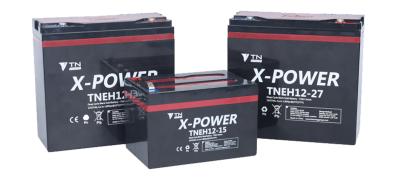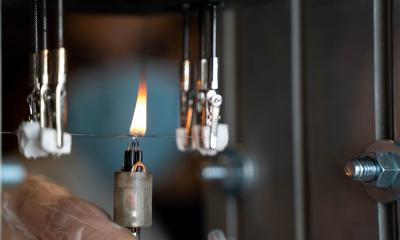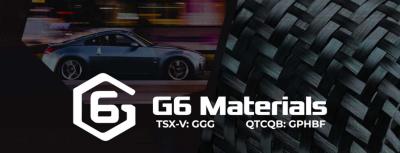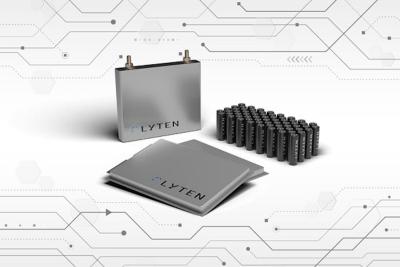Scientists detect quantum anomalous Hall effect in bi-layer graphene
Scientists at The University of Texas at Dallas, along with colleagues in Ludwig-Maximilians-Universität München, have observed a rare phenomenon called the quantum anomalous Hall effect in bi-layer graphene. Previous experiments have detected it only in complex or delicate materials.
The quantum Hall effect is a macroscopic phenomenon in which the transverse resistance in a material changes by quantized values in a stepwise fashion. It occurs in two-dimensional electron systems at low temperatures and under strong magnetic fields. In the absence of an external magnetic field, however, a 2D system may spontaneously generate its own magnetic field, for example, through an orbital ferromagnetism that is produced by interactions among electrons. This behavior is called the quantum anomalous Hall effect.



